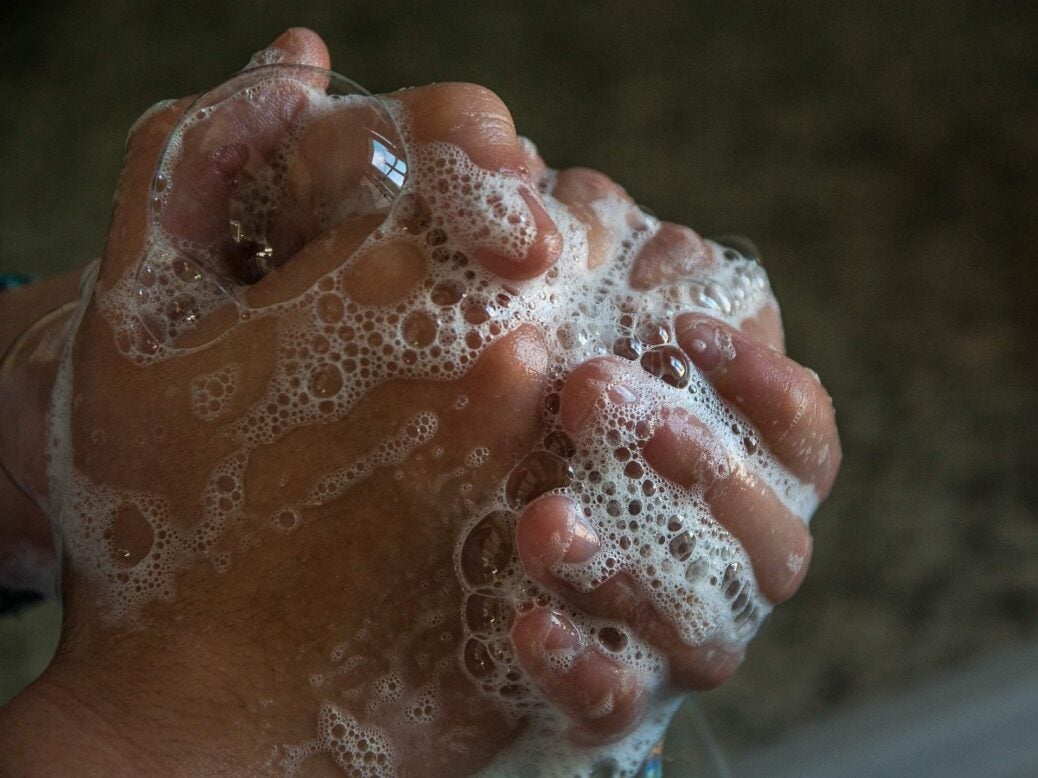
For individuals reliant on a careful day count to avoid becoming UK tax resident, the price of self-isolation could be high, writes Corinne Staves
Keep calm and wash your hands is the latest advice from the government to combat/avoid catching/passing on Covid 19 – which is easy and painless to follow.
Less easy – for all sorts of reasons – is the advice to self-isolate as the primary means to contain the spread of the disease. This forms part of the extensive guidance provided to individuals returning from areas where there are cases being reported, given its rapid global spread and the apparently relatively lengthy incubation period where individuals can pass on the infection without showing any signs of symptoms.
Depending on the circumstances, a cynic might view this as an opportunity to pull a lengthy sickie, although 14 days of binge-watching old TV programmes and relying on the largesse of one’s family or neighbours to leave doorstep food parcels, does seem a high (if figurative) price to pay.
But for many individuals the actual price could be considerable – and I am thinking of those who rely on a careful day count to avoid becoming UK tax resident under any of the three tests set out in the Statutory Residence Test (the SRT).
If such an individual exceeds his or her allowed day count, then the price is UK tax residence for the whole tax year. Unless the remittance basis of taxation can be claimed, results in the individual’s worldwide income and gains for that year can become subject to UK tax on the arising basis.
The SRT (and HMRC’s guidance) does make provision for this contingency as follows: ‘The maximum number of days spent in the UK in any tax year that may be ignored due to exceptional circumstances is 60….. Days spent in the UK over the 60-day limit count as a day of presence for the purposes of the SRT’.
What constitutes ‘exceptional circumstances’ is construed strictly by HMRC. Exceptional circumstances will normally apply where the individual has no choice concerning the time they spend in the UK, or in coming back to the UK. The situation must be beyond the individual’s control.
One would think that remaining in the UK rather than risk catching Covid 19 would be an acceptable ‘exceptional circumstance’. Local or national emergencies, such as civil unrest, natural disasters, the outbreak of war or a sudden serious or life-threatening illness or injury to an individual are examples of circumstances that are likely to be exceptional in HMRC’s guidance.
But this seems to require the acquisition of the illness by the individual (or a close family member) rather than simply taking preventative measures by not returning to an area where there have been outbreaks and staying in the UK.
The guidance acknowledges that there may be circumstances where associated Foreign and Commonwealth Office advice is to avoid all or all but essential travel, and in these situations, it seems clear that the resulting additional days spent in the UK will be ignored under the SRT, subject of course to the 60-day limit.
Given HMRC’s strict application of the rule, any extra days spent in the UK when the FCO warning has not reached that heightened level may not be ignored, particularly if there are other (unaffected) jurisdictions to which the individual can travel from the UK to keep within the SRT day count requirements.
And if that isn’t enough of a concern, were the individual not to ‘take a sickie’ but spend those additional days (or even a few extra hours in those days) more productively working in the UK, he or she risks adding an additional ‘tie’ to be considered when determining day count under the ‘sufficient ties’ limb of the SRT (if neither automatically UK resident or automatically non-UK resident). Or they risk triggering the automatic UK residence if they spend more than three hours each day working for 75 per cent of the previous 365 days.
New regulations introduced in England under public health legislation provide new powers for medical professionals, public health professionals and the police to allow them to detain and direct individuals in quarantined areas at risk or suspected of having the virus.
It may be that the guidance (or HMRC’s strict application of it) will change if ultimately these measures need to be taken. Until then, keep calm and wash your hands…..
Corinne Staves is a partner and head of professional services at boutique private client law firm Maurice Turnor Gardner LLP
Read more
How are social media influencers being taxed?
Thinking of quitting the UK? Here are the tax affairs to keep in mind… before you fly
Judge Robin Tolson’s outdated ruling is a wake-up call for family law







